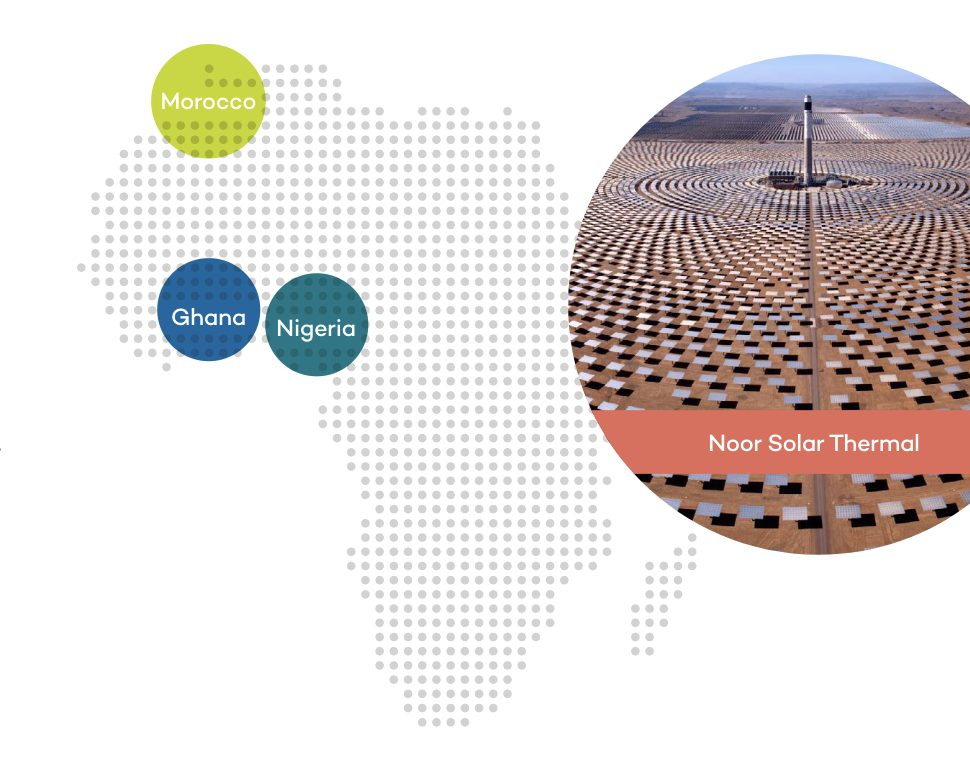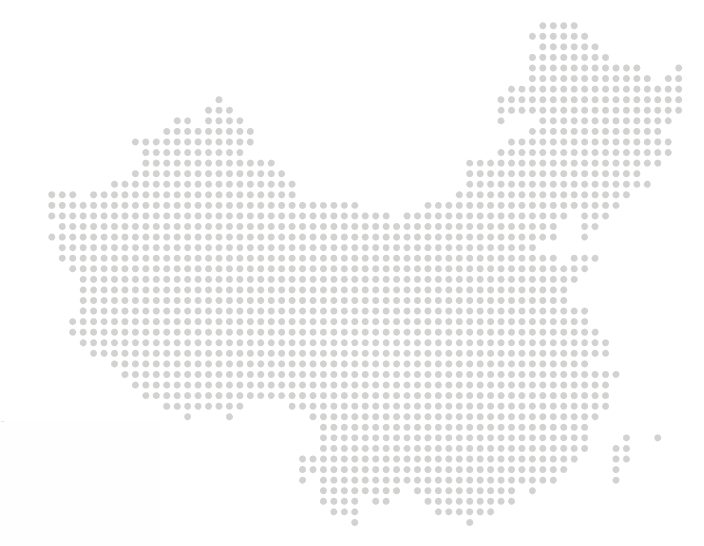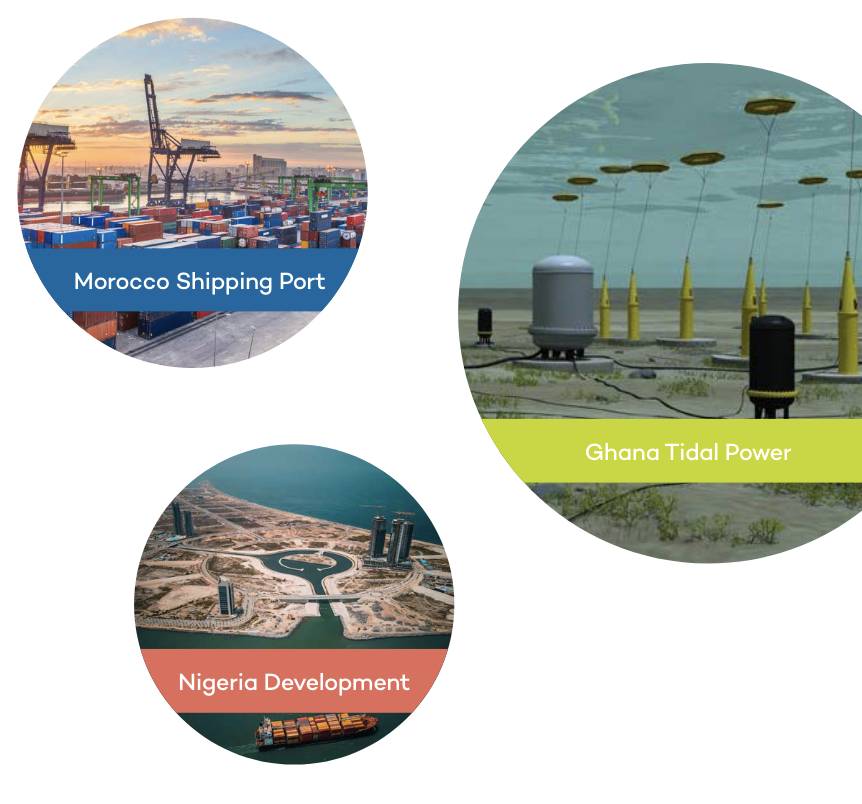Second Biggest, Fastest Growing Continent
Africa comprises over roughly 1.2 billion people in 56 countries (including island states). During the next quarter-century, Africa will account for half the projected population growth worldwide.
Nigeria, Africa’s most populous country, is expected to surpass the USA in population in about two decades, becoming the world’s third largest nation by number of inhabitants. Thus, Africa offers:
- World’s largest, youngest prime-age labor force for mid-21st century
- Rapidly expanding market for entrepreneurs at all levels.

Treasure Chest of the World?

Africa’s function in global commerce during the colonial and much of the post-colonial eras has been as a supplier of natural resources.
Rare minerals increasingly needed in modern electronics are only relatively rare; the current state of exploration shows rich lodes in Central Africa, perhaps the richest outside China. Other mineral resources extracted from Africa include: crude oil, natural gas, bauxite, uranium, precious metals and gemstones.
Development, Infrastructure, Energy in Transition
Extractive industry will continue to be part of Africa’s future story. However, as a share of GDP, revenue, and employment, it can only be a decreasing contributor if hopeful projections of – human development on the continent are borne out. Extractive sectors will continue to operate amid ongoing global equilibration of needs, demands, limitations and opportunities.
The current global realities of supply chain issues – accentuated by the COVID pandemic and then the Russian invasion of Ukraine – further emphasize the crucial role that Africa could and should play in the global economy. Extension of conventional energy and transport access is inextricably part of development. Conversely, innovative modalities are already seizing ground.
For instance:
- The Noor solar thermal array in Morocco generates power for local use and export to Europe and is the world’s largest concentrated solar power plant/project.
- Ghana boasts the world’s second highest installed tidal power generating capacity, behind Sweden.
Geopolitics and Governance

Chinese investment, generally proffered in return for concession rights on raw materials, has significantly upgraded basic infrastructure across much of Africa since the late 1990s. That does not make Africans vassals of China, but it should focus Western attention on Africa as a fulcrum for the China-West political economy seesaw. This intense competition, for resources and more so, probably, for “hearts and minds,” continues to dominate 21st century geopolitics.
Whether an authoritarian or democratic-free enterprise model shall prevail is very much an open question. Africans are not passive spectators. Governance upgrades are a crucial requisite: both a commitment to good governance and emplacing adequate capacity. Proven or promising policies and interventions are available, and a younger generation of African leaders will come on the scene motivated for change. Colonialism, the Cold War, and most recently Chinese laissez-faire have handicapped governance on the continent. But nations like individuals have learning curves, and the maturation of young African nations should in itself secure worthwhile advances, if organically driven and supported in a constructive manner.
China consistently and decisively tops the world in investment flows to Africa, although North America, Europe, Japan combined somewhat outweigh Chinese involvement. In terms of cultural influence and compatibility, the West enjoys leverage dwarfing China’s. Western financial and political actors can and should do much more to exert this soft leverage effectively.
Finding Commonalities, Combating Misperceptions

Those reading this so far realize, if they did not already, that dismissing Africa as a sorry amalgam of conflict, destitution, and disease is ridiculously un-insightful. The experience of a Western education is common to many current and aspiring African leaders. In the emergent online mashup that is 21st century culture, Africans are gaining influence of their own, while opening themselves to global influences they assimilate and reshape.
Rule of law is one linchpin for prosperity, so is essential service provision, including education, health, transport and utilities. As Africans increase their modernization momentum, the juridical and political framework in which they do so will also solidify. First world industrial democracies, and the economic actors who are their de facto agents, have an opportunity – arguably an obligation – to assure a workable and equitable framework in this regard.
